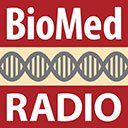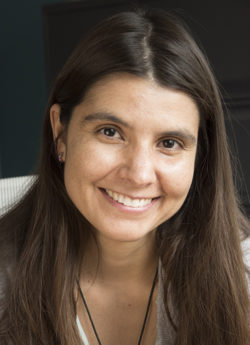Study of grandmothers seeks clues about genetics of autism
Research to assess how traits of autism may pass through the generations
 Thinkstock
ThinkstockResearchers at Washington University School of Medicine in St. Louis are launching a study of autism focused on grandmothers. Because autism has a strong genetic basis, rates of the disorder may be higher in the grandchildren of women who have had at least one child with an autism spectrum disorder than in the population as a whole.

In search of genetic clues regarding autism spectrum disorder, researchers at Washington University School of Medicine in St. Louis are launching a study focused on grandmothers.
Because autism has a strong genetic basis, rates of the disorder may be higher in the grandchildren of women who have had at least one child with an autism spectrum disorder than in the population as a whole. To test that hypothesis, researchers plan to recruit a minimum of 500 grandmothers and soon-to-be grandmothers to complete questionnaires about their own children with autism, their other biological children and their biological grandchildren.
“We’re studying how prevalent autism is in the grandchild’s generation,” said Natasha Marrus, MD, PhD, an assistant professor of child psychiatry. “We want to better understand how to support families that are having children and advance our knowledge about the risk that some of their children may inherit the disorder.”
Autism spectrum disorder is thought to affect one in every 68 children, and boys more so than girls. The disorder appears in early childhood and can be diagnosed in toddlers. Its two major clusters of symptoms involve problems with social communication, and restricted and repetitive behaviors.

To be eligible to participate in the study, a woman must have given birth to at least one child with an autism spectrum disorder and must be either a biological grandmother or a soon-to-be biological grandmother. Study participants will be asked to answer questions about their grandchild’s (or grandchildren’s) behavior. Any woman who wants to participate in the study and is expecting a grandchild, or whose grandchild is not yet 18 months old, will be asked to complete a questionnaire when the child reaches 18 months.
“A key question we hope to answer is whether girls carry a genetic susceptibility to autism even when they don’t have symptoms themselves,” Marrus said. “That could mean they pass along risk to their children, male children in particular, at rates higher than would be expected in the general population. This information could help us develop ways to predict who’s more likely to transmit the disorder.”
For more information or to volunteer for the study, call Daniel Gray at 314-362-3734 or e-mail grayd@psychiatry.wustl.edu.






